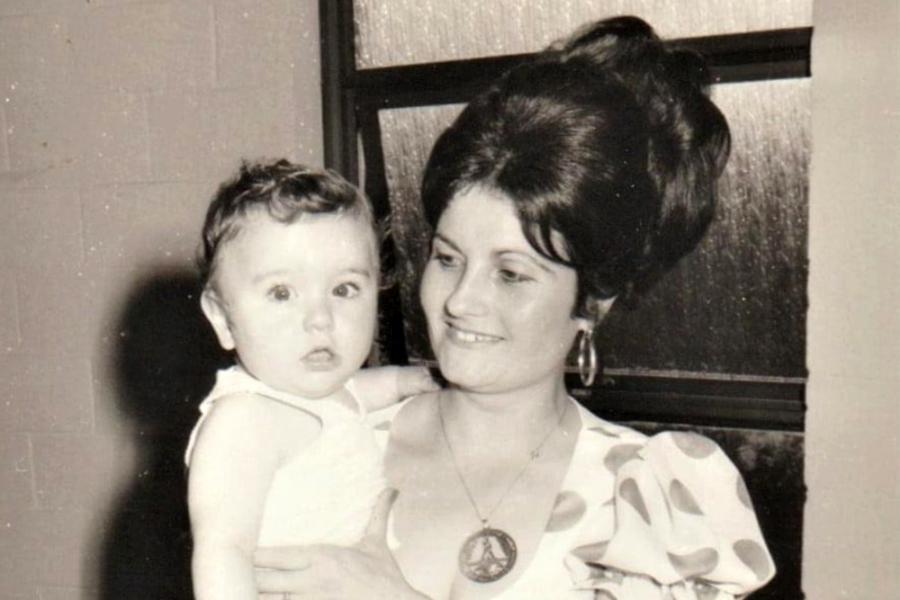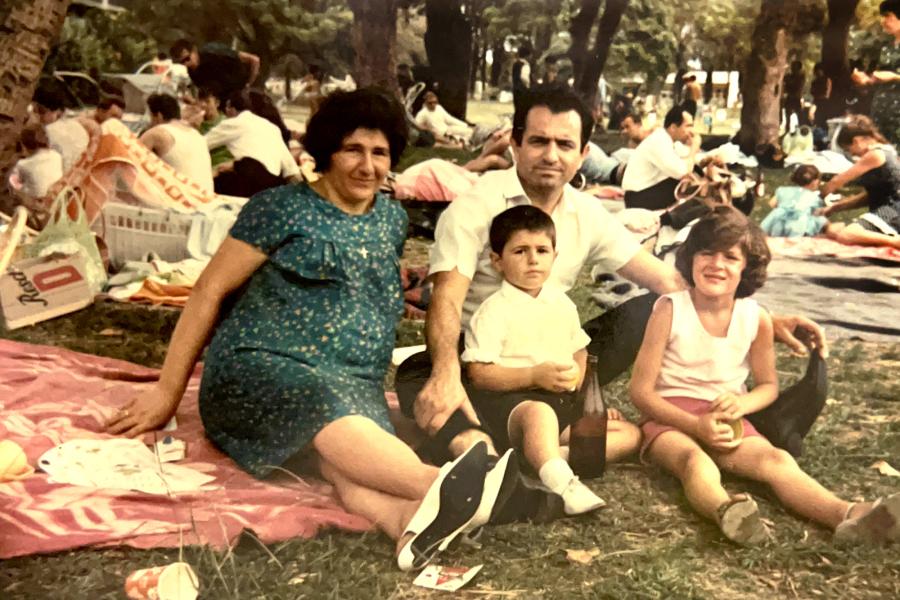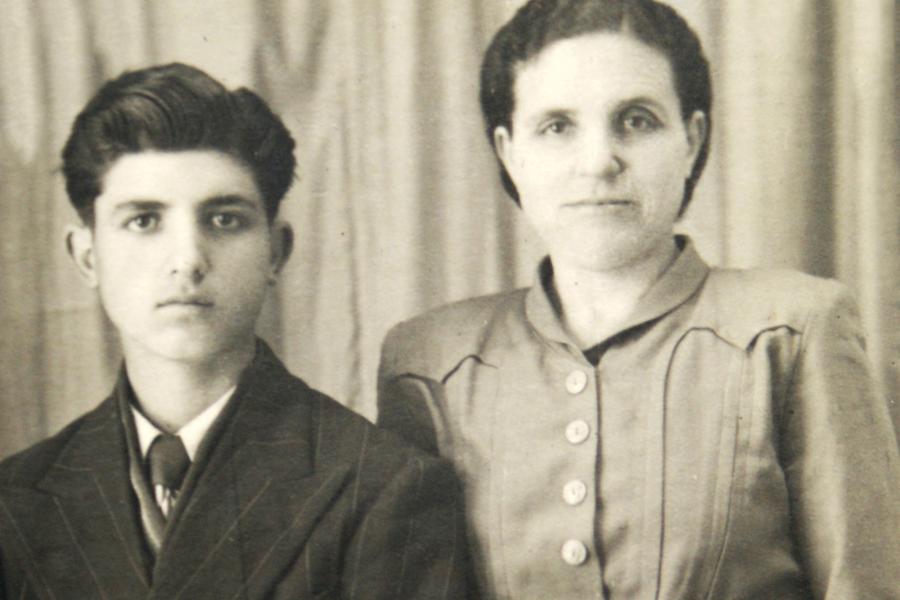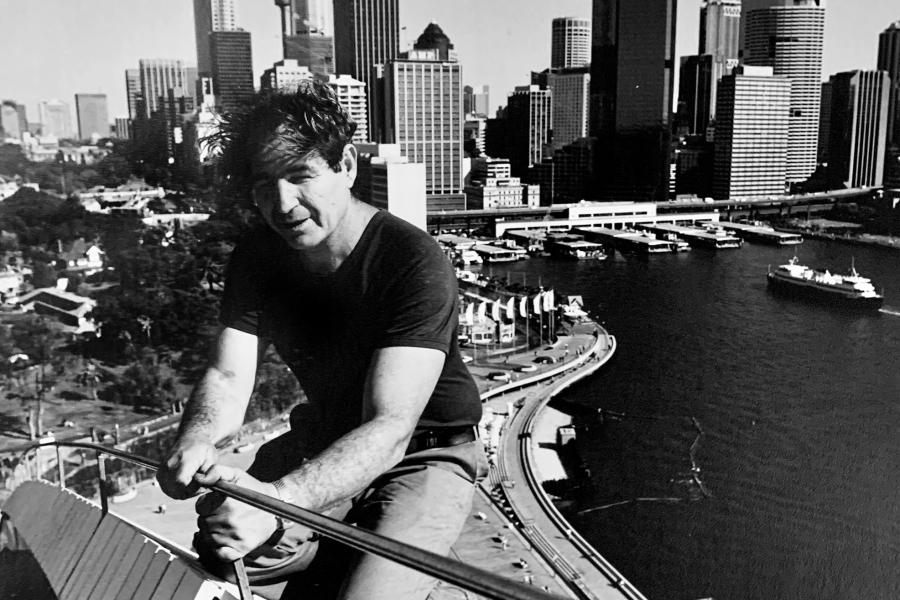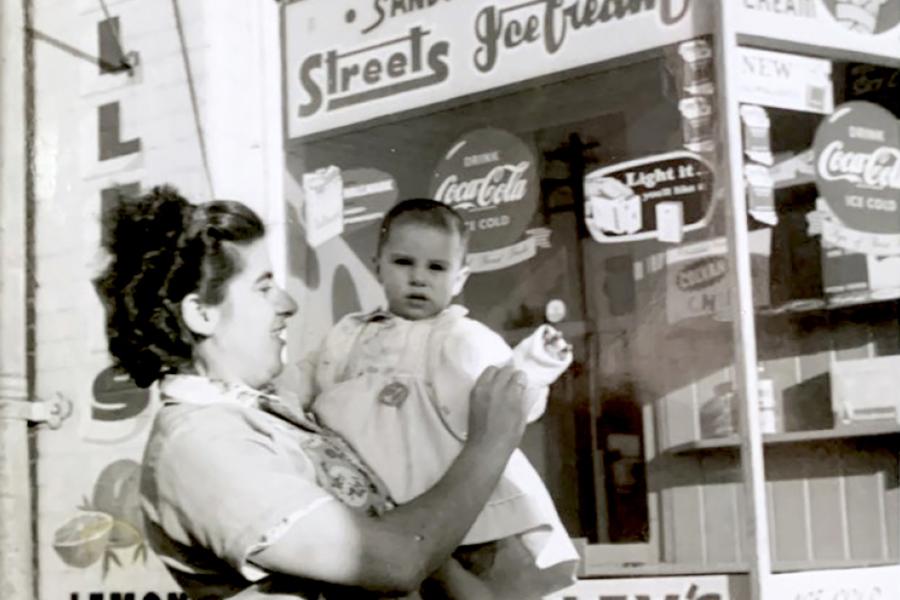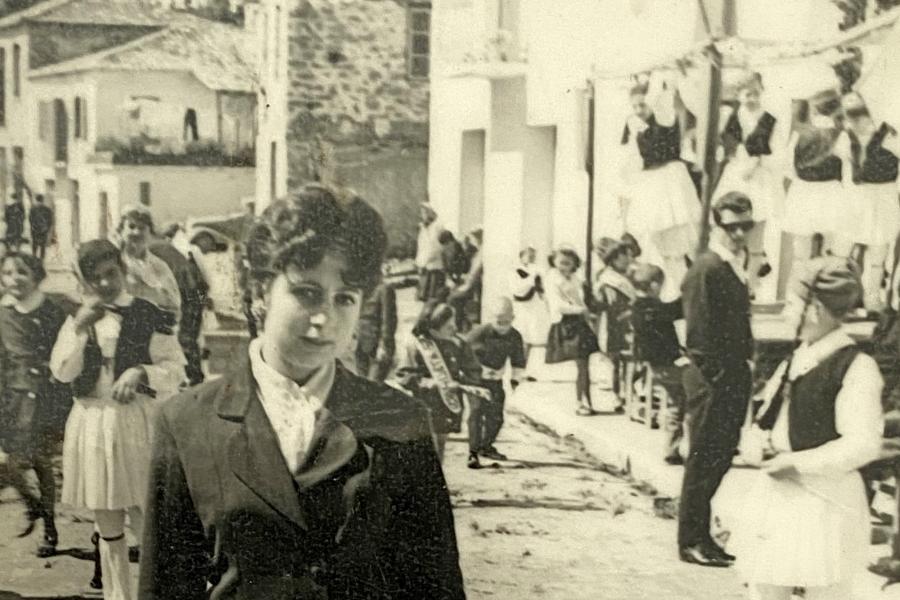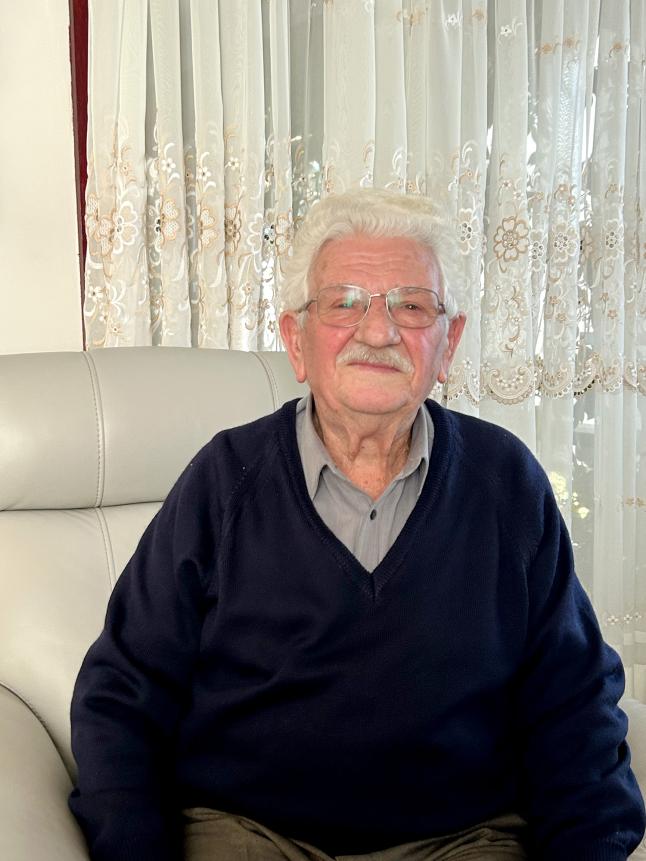

Speaker background
Ioannis Dimou was born in 1932 in the village of Pigi, located in the Epirus region. He married a local girl and had three children. Finding it hard to make ends meet as a builder’s labourer, he believed that he could earn far more doing the same job in Australia. After being sponsored by his brother, who had migrated a few years earlier, he arrived in Australia and commenced work in the construction industry in the Parramatta area. Ioannis dedicated much of his free time to promoting Greek social and cultural life, especially the local Epirote brotherhood and youth soccer.
Interview summary
Ioannis describes conditions in Epirus during the war years, the ill-treatment he endured during his military service and the struggle to secure gainful employment. He talks extensively about the journey to Australia and working conditions in Parramatta in the 1960s and 1970s. He also recalls his involvement with various Greek community associations.
Interview highlights
highlight
Ioannis talks about his trip to Australia.
Ioannis: I recall, the Brittany [ship] had […] about 300 Greeks, but there were about 1,000 to 1,200 English passengers. We had a problem when it came to food on the ship. The English had breakfast, with boiled eggs, things like that, and tea … We didn’t want all that. We knew nothing about all that. So, they separated us and started to make for us the kind of food we normally eat, like fasolia [butter beans], toursi xinada [pickled vegetables] as they called them, and the like [laughs].
Timecode 20:23 - 21:21
highlight
Ioannis explains some of the difficulties of sharing a house with other immigrant families when they first arrived in Sydney.
Ioannis: Of course, it was difficult, especially on weekends. On Saturday and Sunday, we had to take turns to eat. My brother’s partner worked at a factory where they made socks, and he’d work day and night shifts, and he was always complaining about the noise. […] I had three kids, and we did not have a television at the time, and so there was nothing to preoccupy them. They did not know the language. However, next door there was an Australian family with children, and the kids got to know each other. I eventually realised I had to buy a television so the kids could settle. Because at the time Bonanza was playing, and a neighbour had a television and we forced to go to his place to watch Bonanza! [laughter]. So, I had to get our own television, and I was charged £70 at that time!
Timecode 27:21 - 29:11
